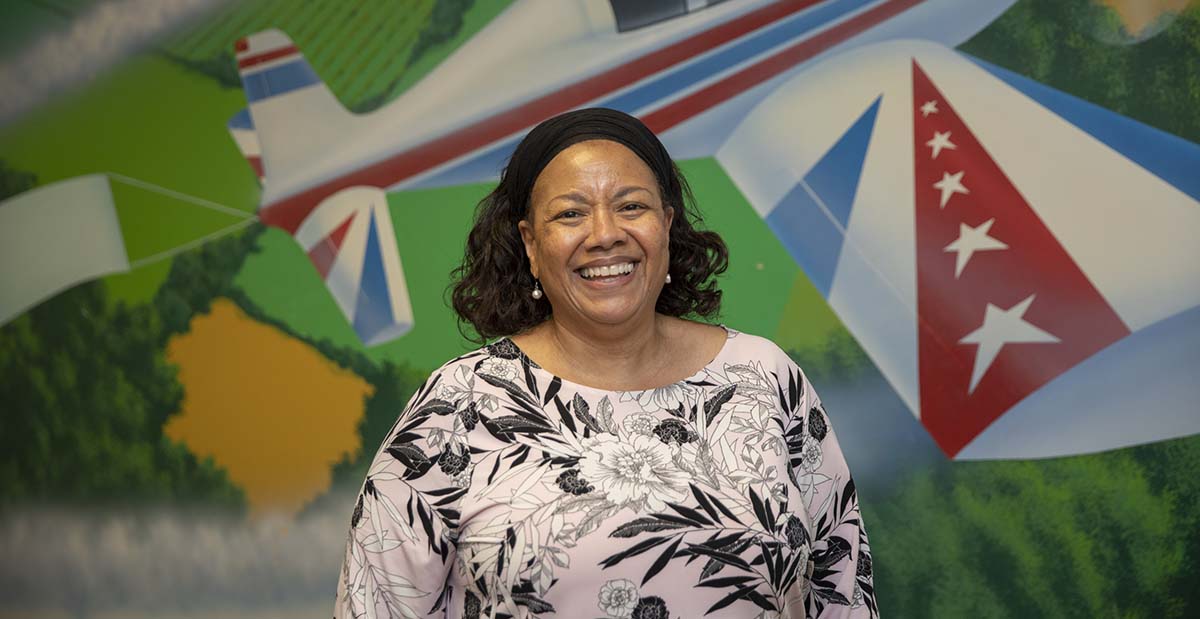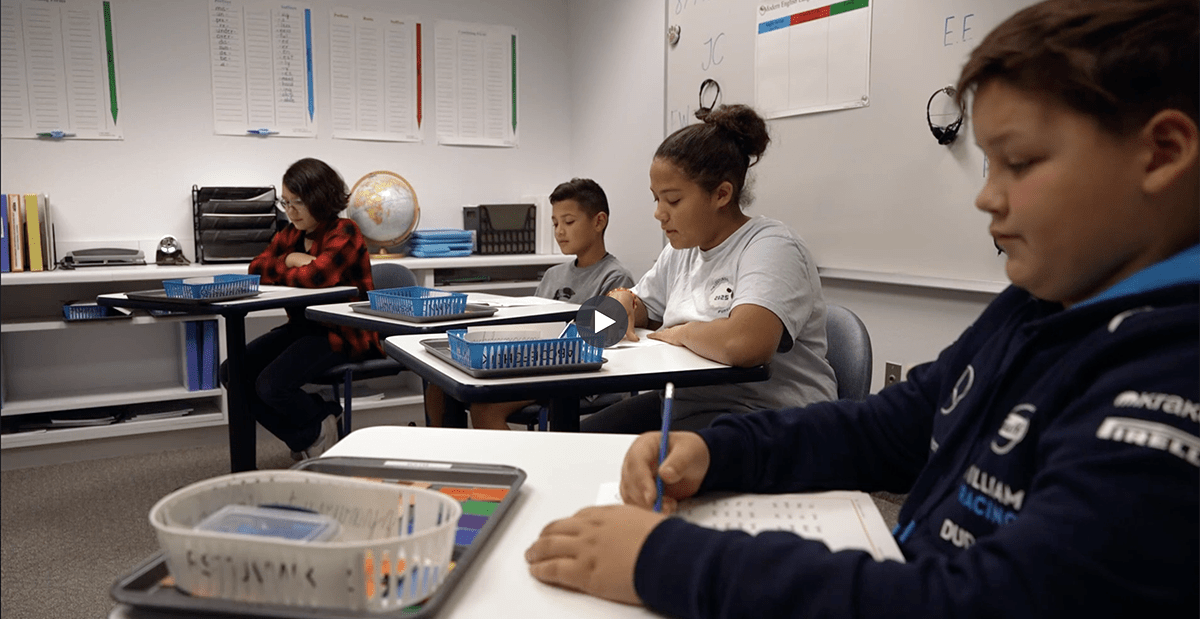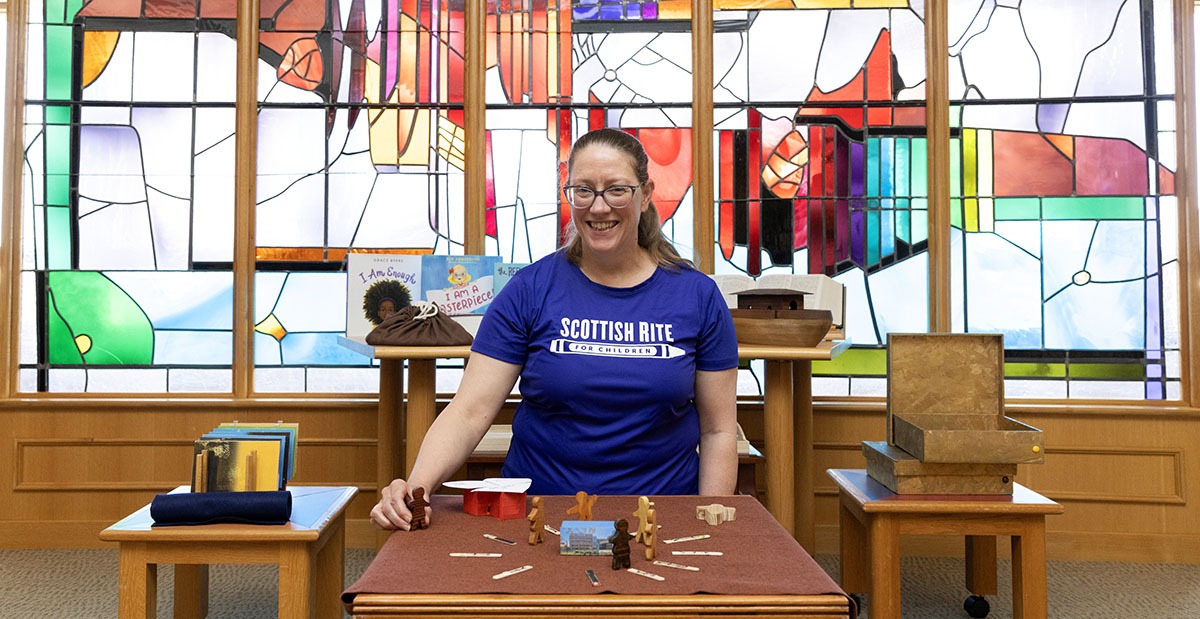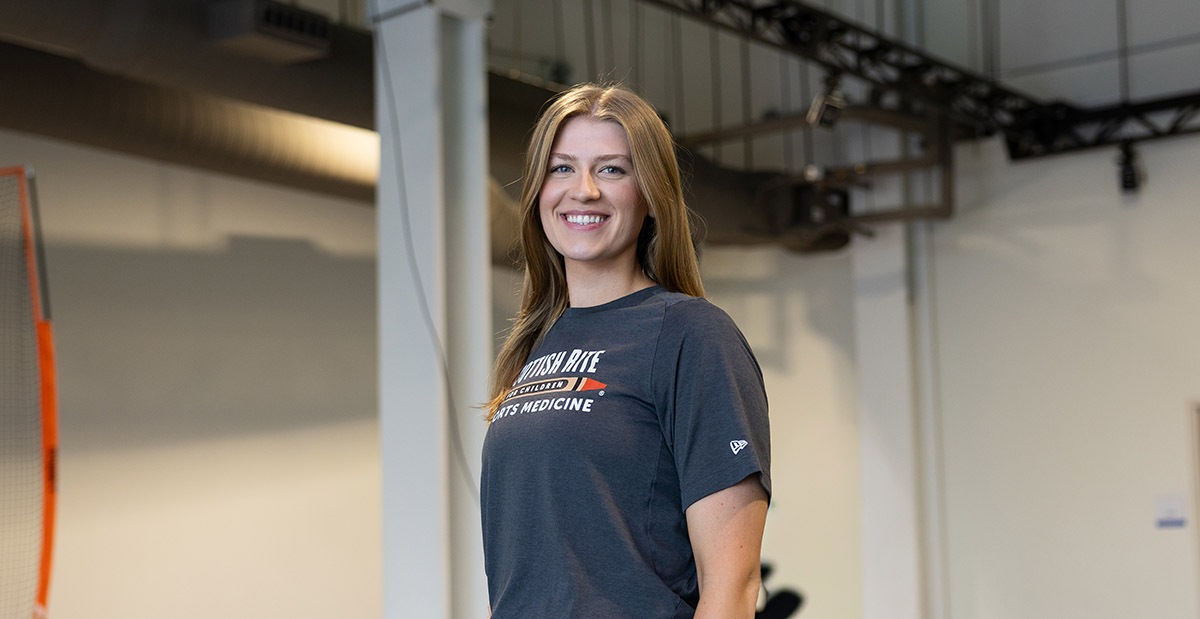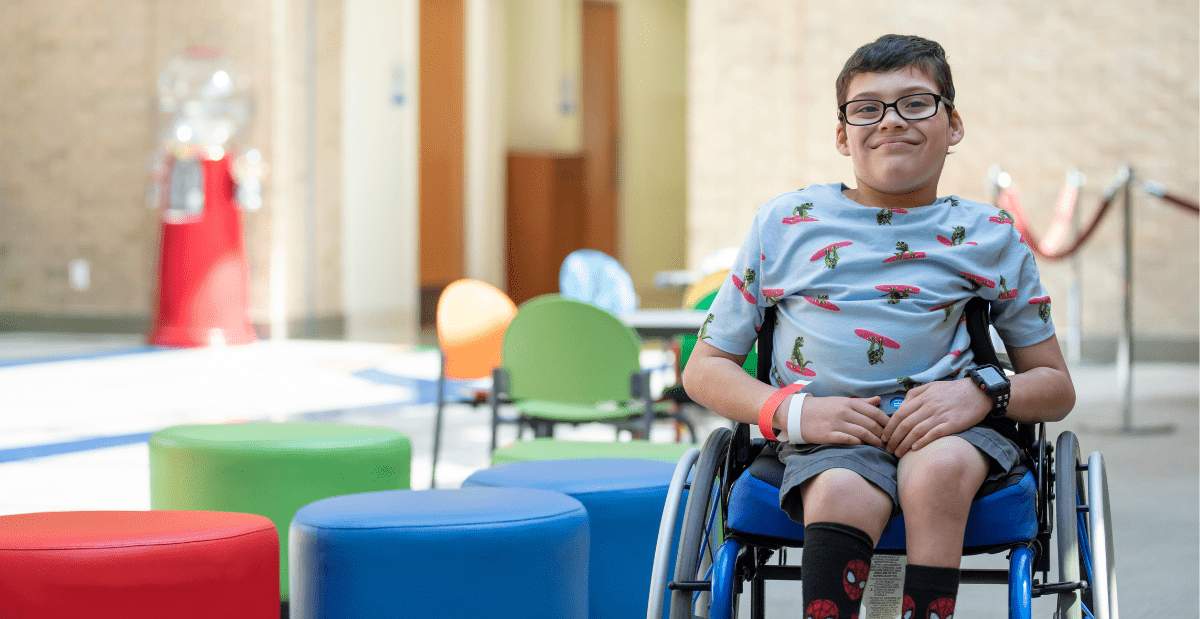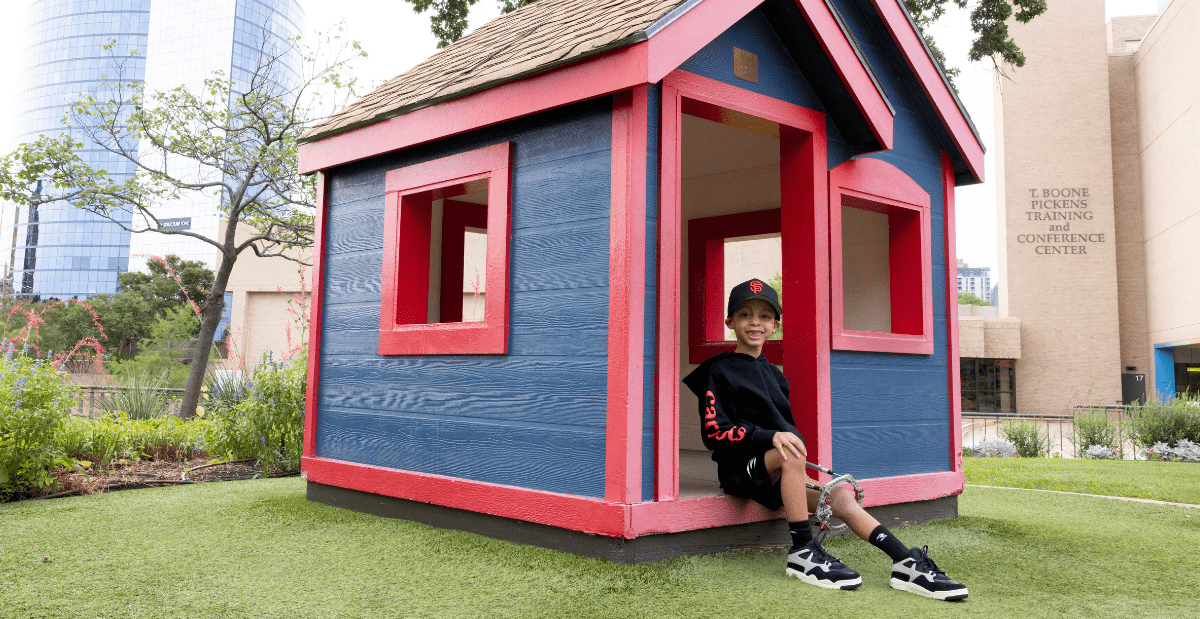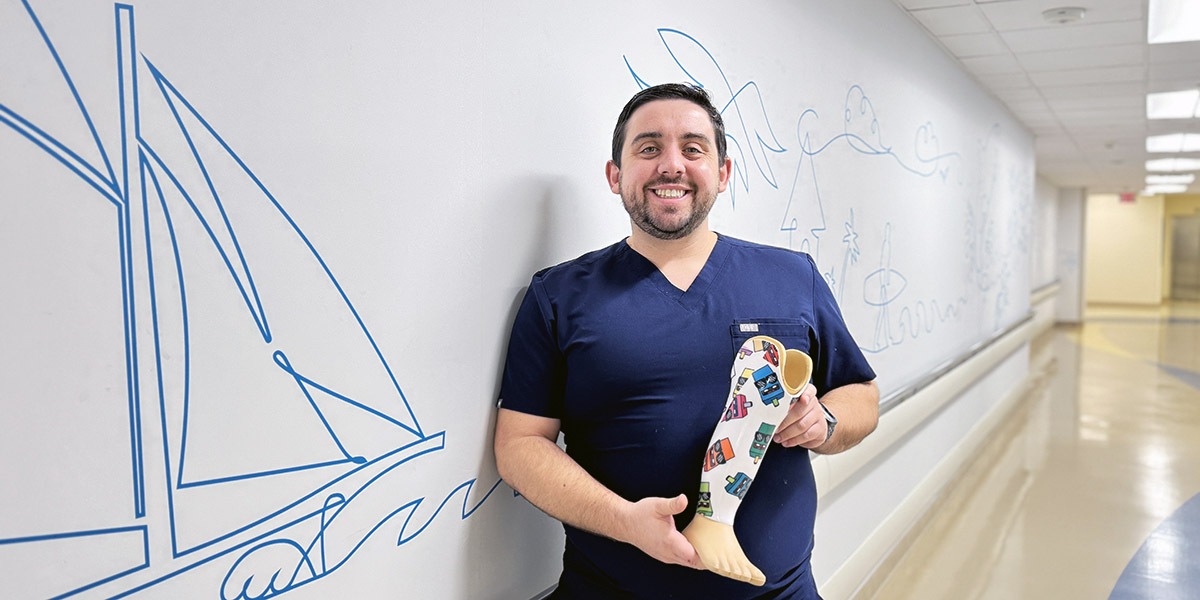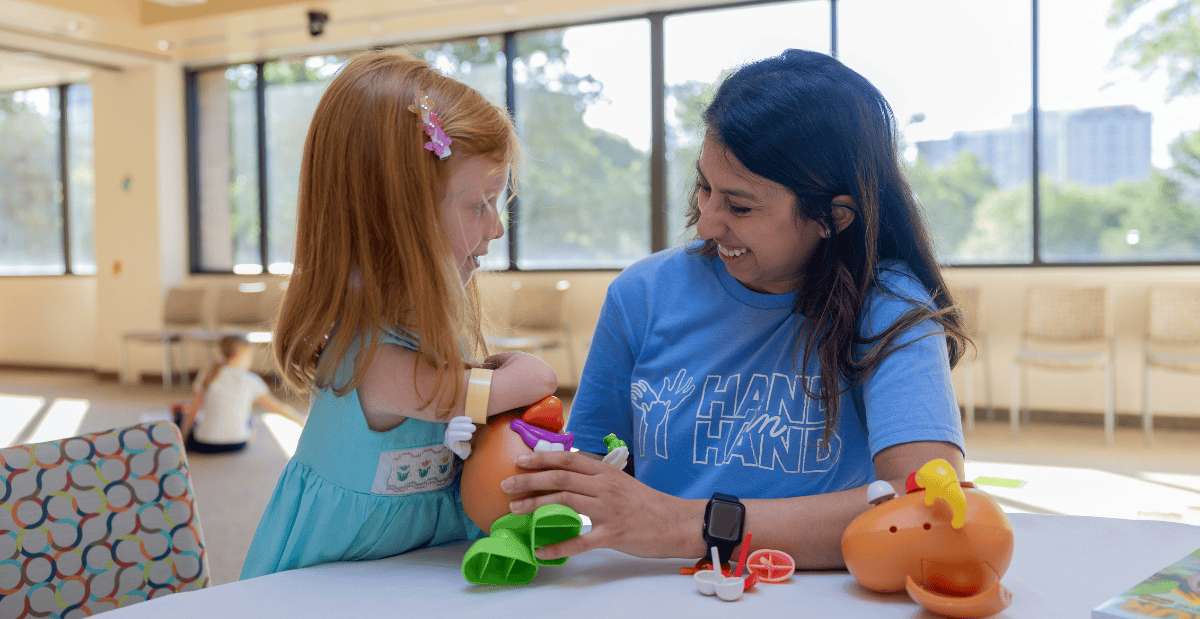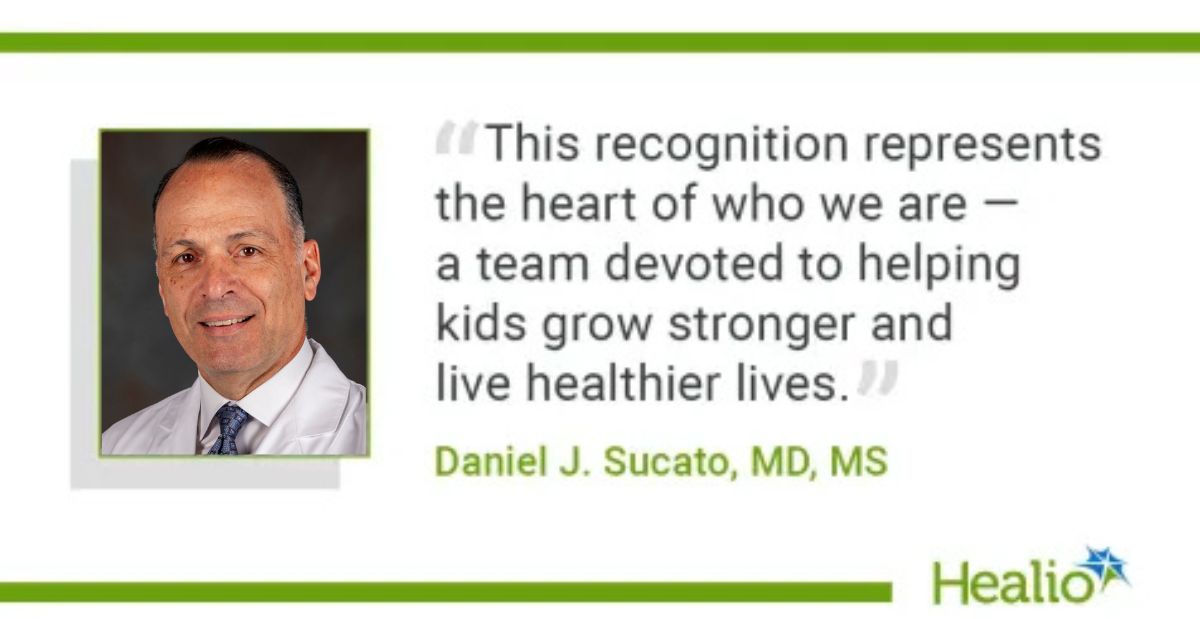I graduated from Elon College in Elon, North Carolina. It’s now Elon University. Back then, the Elon Children’s Home was better known than the school. I attended Brody School of Medicine at East Carolina University in Greenville, North Carolina.
What are your specialties?
Developmental and behavioral pediatrics. I serve as the director of diagnostic services at the Luke Waites Center for Dyslexia & Learning Disorders, and I am a staff developmental pediatrician.
Developmental pediatricians consider the whole child with learning problems through the lens of their abilities, gifts and struggles, opportunities and academic supports, developmental and life barriers, learning expectations, physical and mental health.
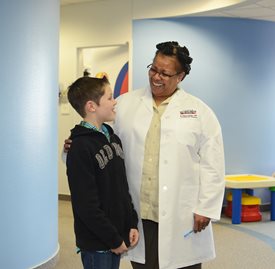
Why did you want to become a doctor? Have you always wanted to work in pediatrics?
Mookie, Sisanume, Gloria Jean, David and Jo Nate were my neighborhood friends. They were creative and brilliant. We all got our vaccinations at the health department, but when we all contracted impetigo one summer, my grandmother knew if the sores didn’t heal quickly using her expert home remedies, my sister and I would need to go to our pediatrician to get a shot of antibiotics. We ended up needing the medicine and our mom was a unit secretary at the hospital and knew all the best doctors. My friend Mookie didn’t have a doctor, and no doctor would see her family or her. Her sores didn’t heal. Instead, the bone in her leg became infected. She couldn’t come out and play because she had a high fever. One day, the ambulance came to our neighborhood and took Mookie to the hospital. Not only did she lose her leg, but she couldn’t read our library books anymore or talk very well. Crossword puzzles and dominos now frustrated her. Even though I didn’t understand the “why” of what happened to Mookie, I decided it should never happen to another child. My mind was made up. No matter what it would take, and I didn’t have a clue what that was, I was going to be a pediatrician who made children well.
What led you to Scottish Rite for Children? How long have you been here?
One of my mentors knew Jeff Black, M.D., the former medical director of the Luke Waites Center for Dyslexia & Learning Disorders. At the time, I was living in Tennessee and my mentor was aware that radical changes in the Tennessee health care system was impacting my practice of developmental pediatrics as well as training of residents at Quillen College of Medicine. There were simply not enough pediatricians who accepted insurance to care for the children in the East Tennessee tri-cities area. Jeff was looking to recruit a developmental pediatrician. On the recommendation of my mentor, he contacted me and asked if I would come for a visit. I did my homework on Scottish Rite and thought, “What great marketing.” I grew up in a family of Prince Hall Masons and knew there was something real and right about the organization. Admittedly, on my first visit to Scottish Rite, I knew I needed to see something different to take a break from the new “standard of care” in Tennessee, which was way below my standard. From the moment I walked in the door, my thinking was transformed. Not just because I was comparing it to the deteriorating and chaotic Tennessee health care system, but because Scottish Rite staff were unbelievably invested in providing the absolute best standard of care for the children they serve. Staff made eye contact and smiled at me, a stranger. When I wasn’t looking, God had a plan. This coming August will be my 27 year on mission at Scottish Rite.
Fractured educational care is how I think of the impact of COVID-19 on students, especially those who need heightened opportunities for success. I’ve seen Texas educators retool themselves in powerful and steadfast ways to meet the needs of their students. Yet, for too many of the children who struggle to learn, virtual learning has resulted in a drastic slowing of progress.
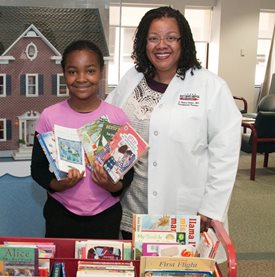
How do you help your patients feel comfortable and confident?
First, little and not so little ones must feel safe. Not just physically, but also emotionally. One of the ways to accomplish this is by asking developmentally appropriate questions that allow them to share their joys, thoughts, dreams and concerns. I get to lean in to hear what they are saying and take note of how they communicate and what they don’t share. Often, there is an underlying message that will require unpacking later. Spending time affirming who they are, their abilities and successes is critical. It is not unusual that they are surprised when I share the good and powerful observations that I’ve learned about them from their teacher and/or parents. Children are more insightful than adults give them credit. They know when they’re struggling and that something is getting in the way of them meeting their expectations and those of their parents and educators. In response to my question, “what’s hard for you?” the child will describe their struggle. I get to confirm their observations and explain their diagnosis, always in the context of their abilities and successes. They must know there is a plan to help them be better at the thing they believe will consume them. Discussing that plan so they understand they have it within them, with the right support, the power to change or improve their skills, performance and/or behavior. Empowerment and hope are hand-in-hand goals.
Undoubtedly, my Scottish Rite work family is what I enjoy most! These are folks who are also on a mission to change the trajectory of a child’s life. We believe in the children and families we serve, no matter where we are in the building. There’s an energy that flows through here. It connects us and reminds us why and how we serve those given to our care and one another.
There wasn’t one title for my first job. There were several tasks given to my role. I was responsible for prepping the primary food that would be cooked that night for customers. Notice I didn’t say I would be doing the cooking. It was also my job to restock items and to clean industrial sized cookware with copper bottoms. Making them shine was my delight. Counting the revenue from the previous night’s sales, assuring the cash register and monies balanced and preparing the paperwork for the bank deposit, were also my some of my responsibilities at times.
What’s your favorite place to eat around here?
My favorite place to eat is anywhere I can be with friends and family!


